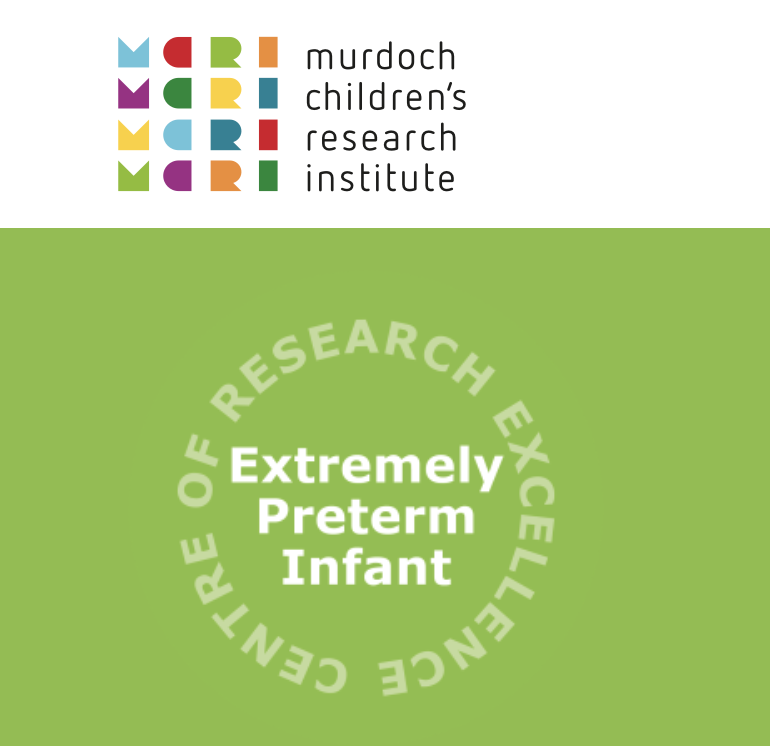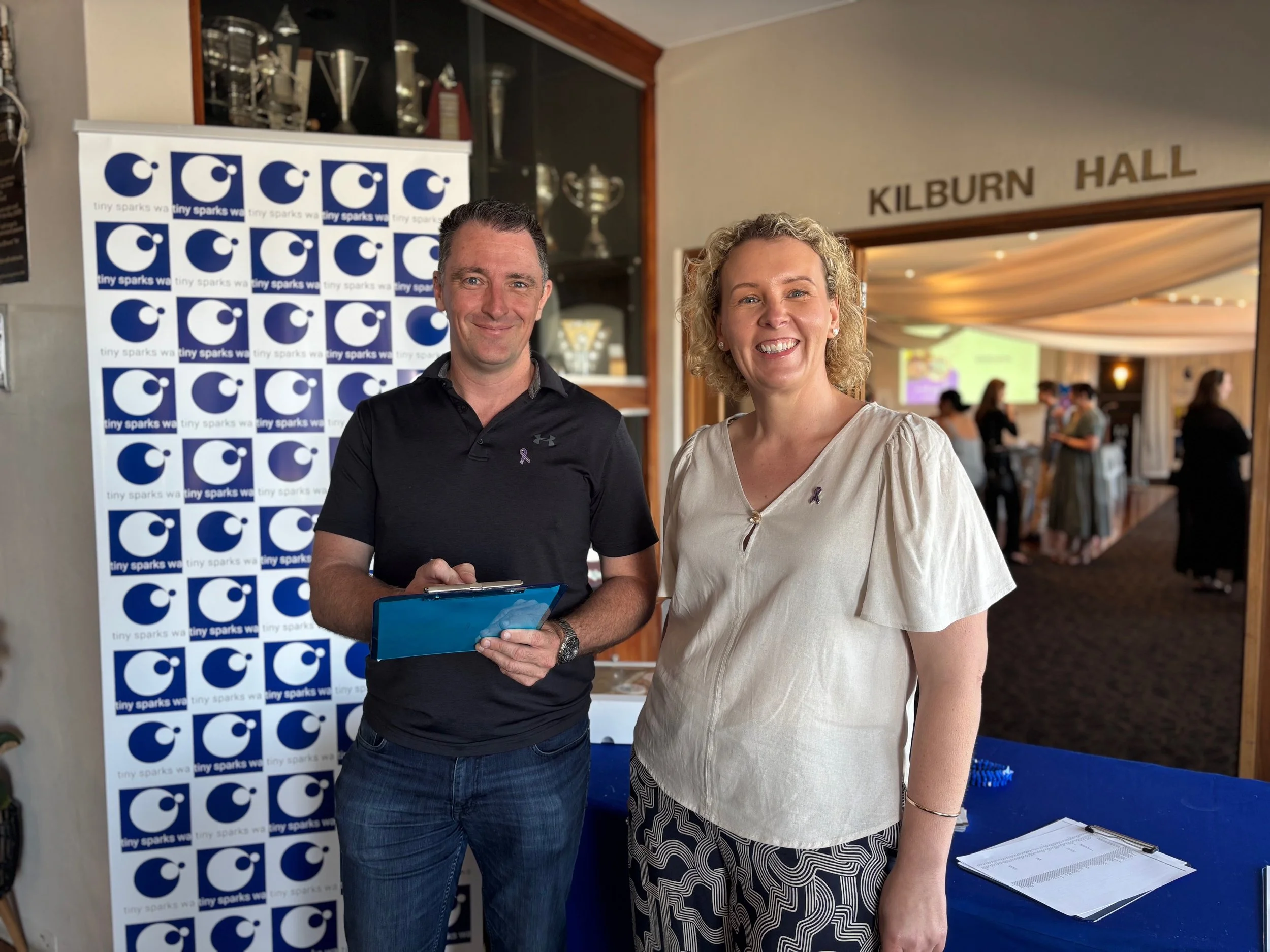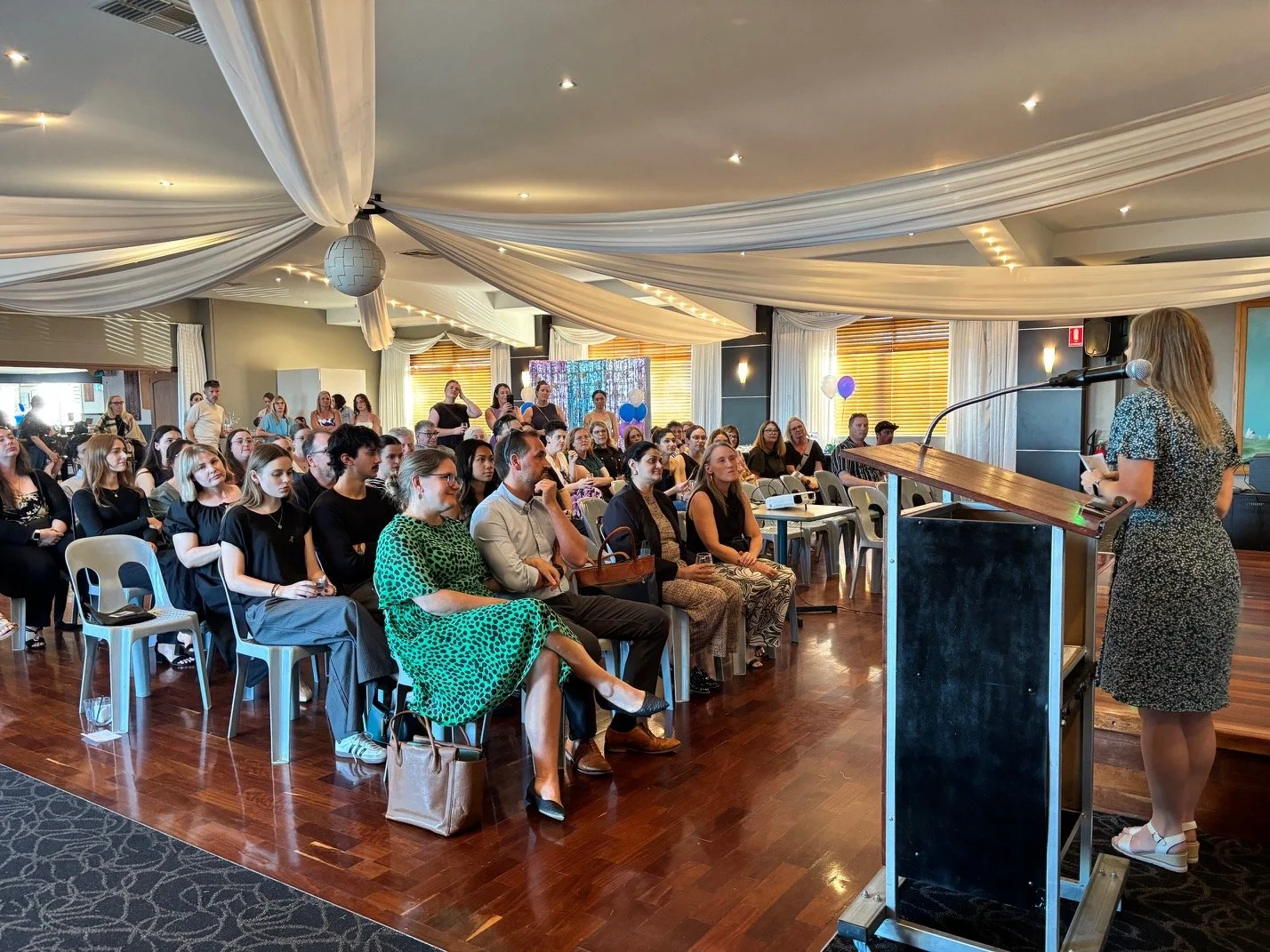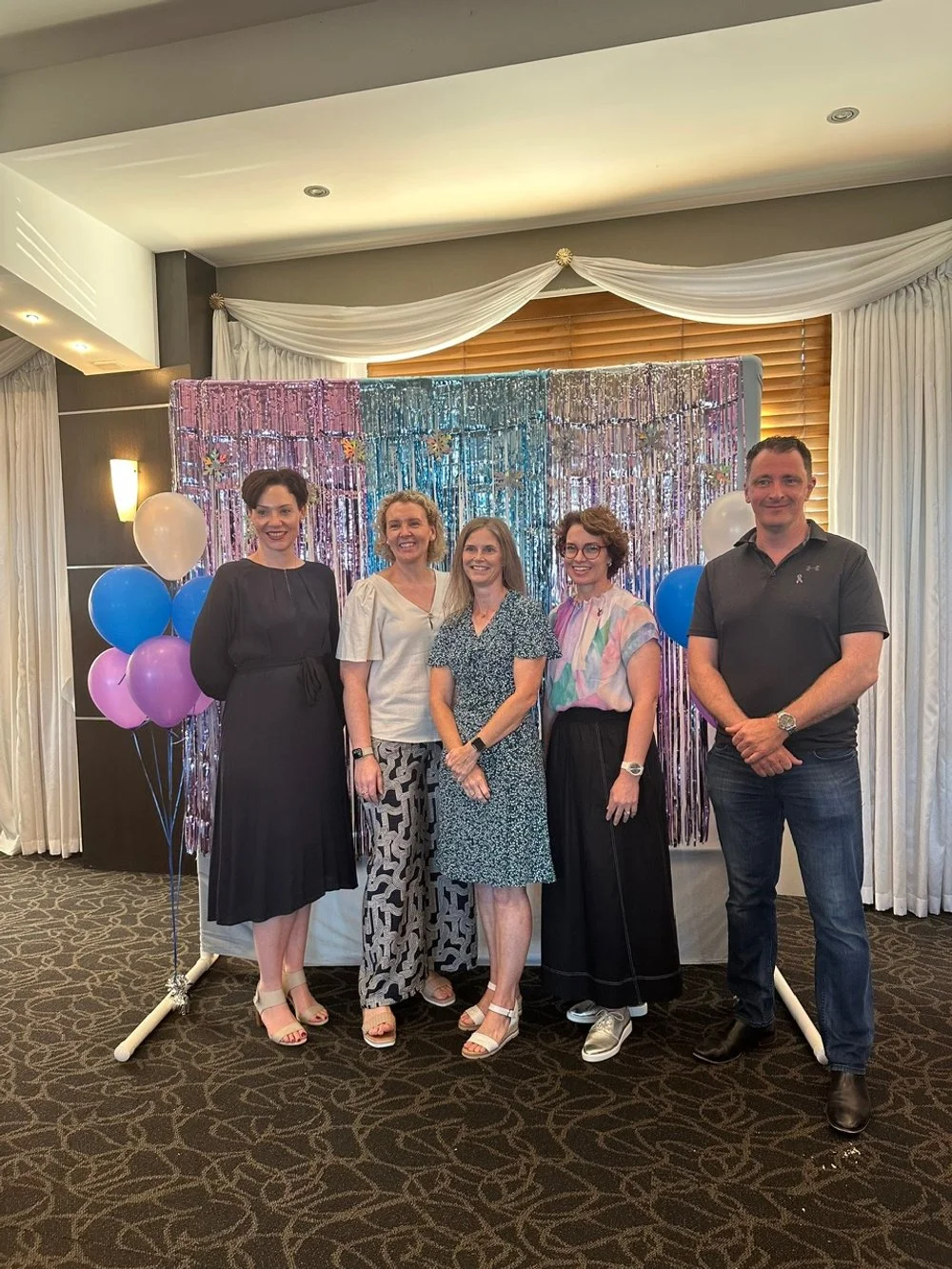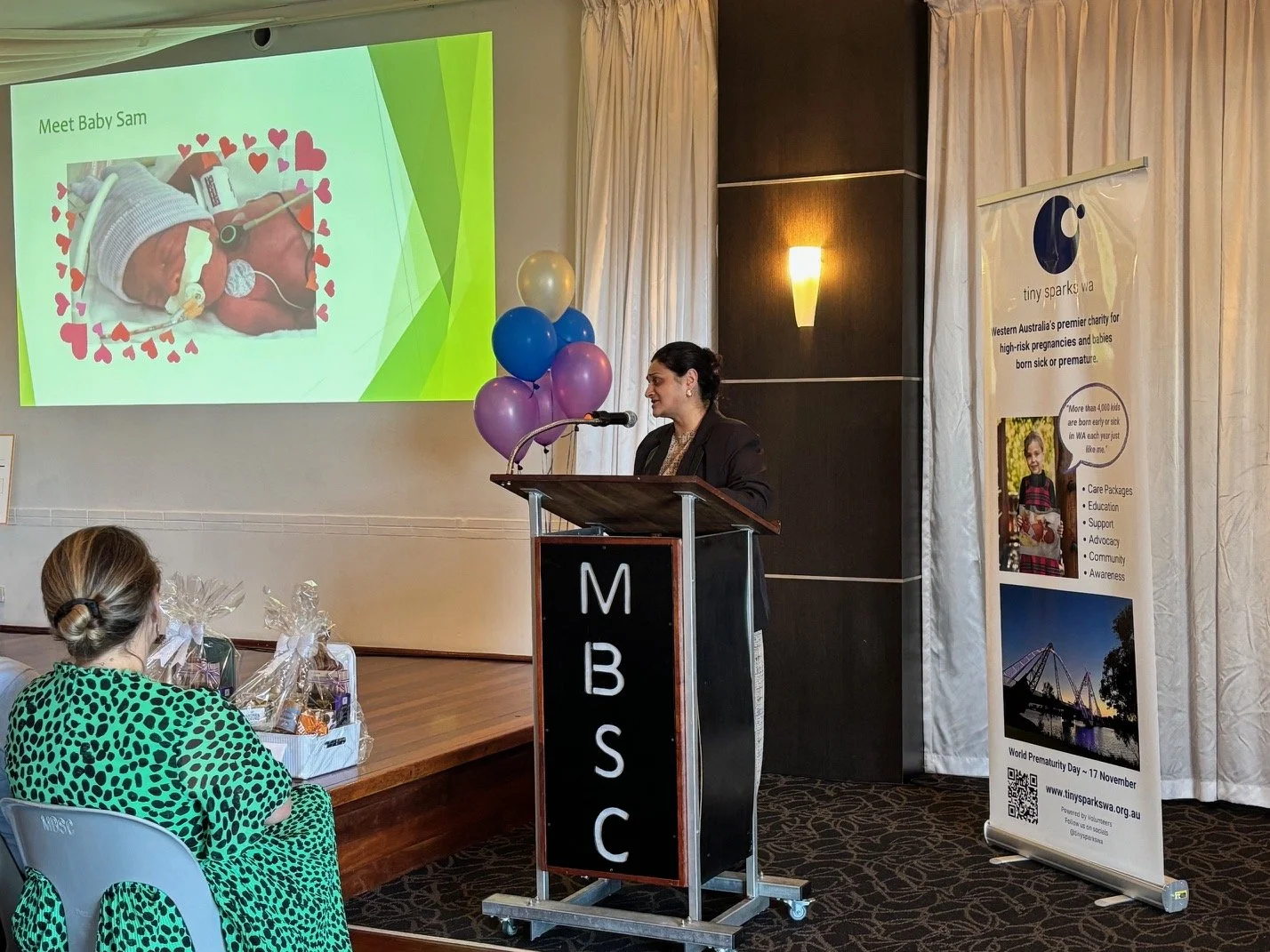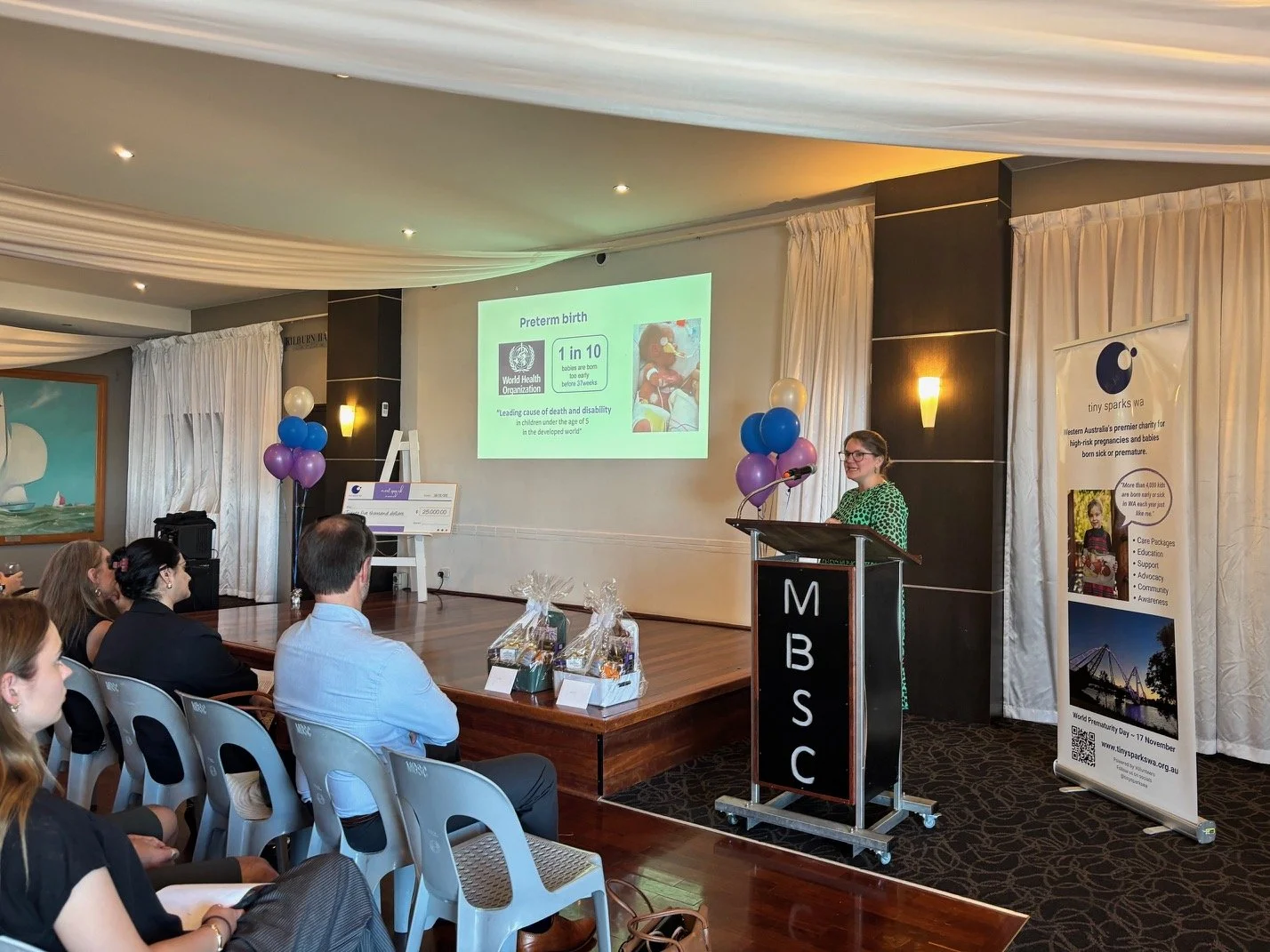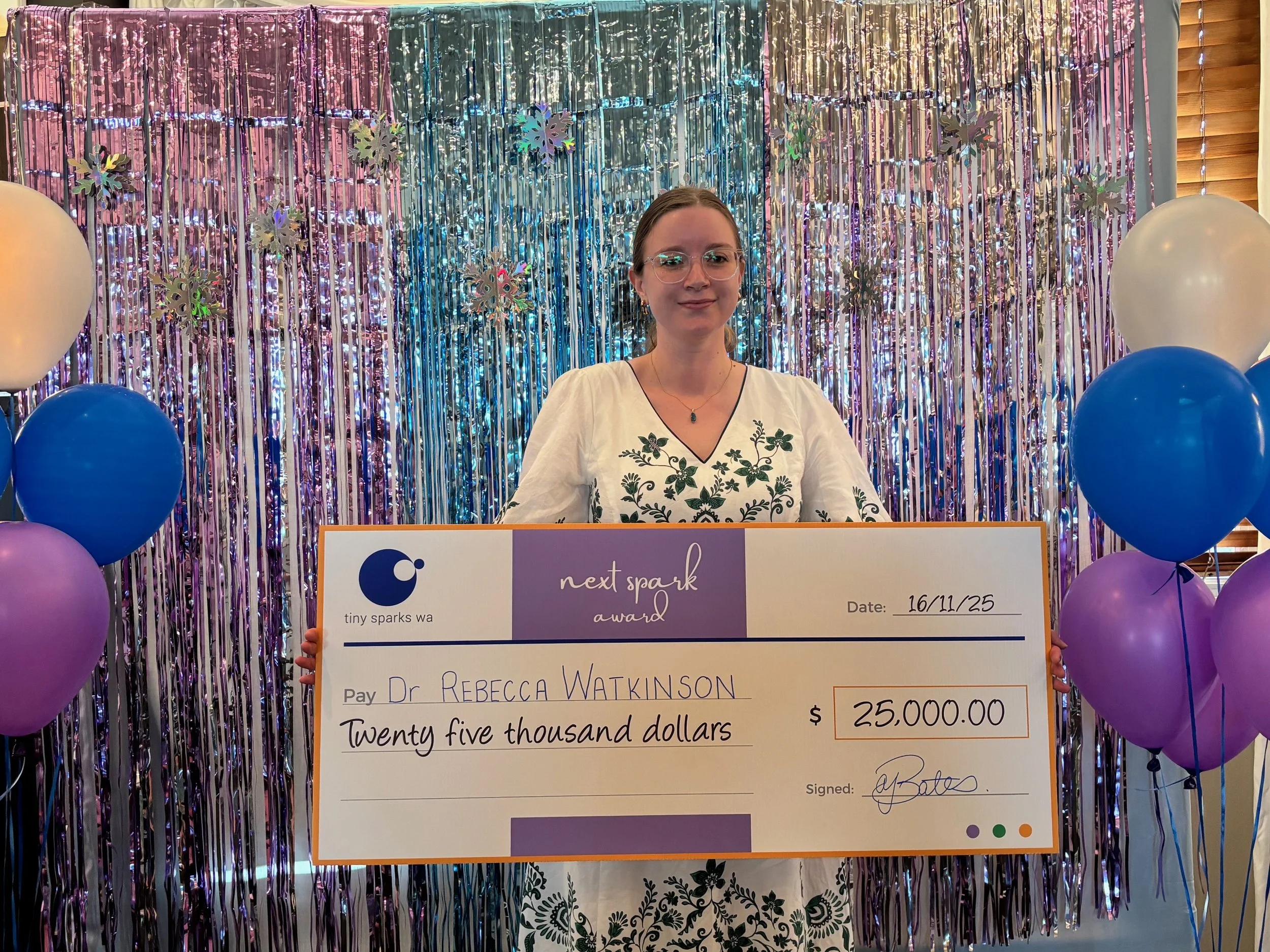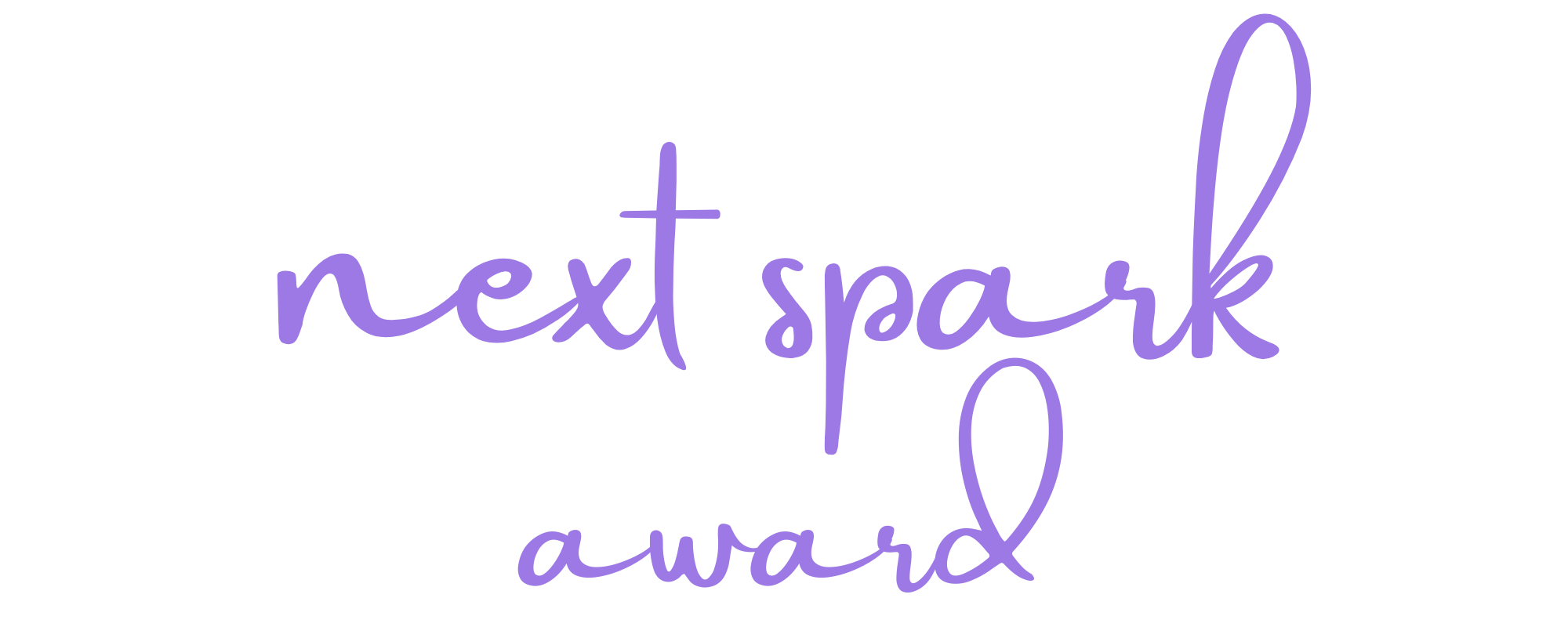The Extremely Preterm Infant Centre of Research Excellence (EPIC-CRE) led by Professor Jeanie Cheong at the MCRI is developing a national Guideline for Growth, Health, and Developmental Follow-up for Children Born Very Preterm from School Age to Adulthood.
The guideline aims to improve the quality of life and optimise health trajectories across the life course for children born very preterm, from school age to adulthood, supporting their increased risk of chronic and complex physical and mental health conditions and promoting consistent, coordinated care.
We are seeking individuals with lived experienced to join Guideline Development Group (GDG) to ensure the guideline is practical and relevant. The GDG will include diverse group from across Australia including clinical experts, researchers, people with lived experience, and representatives from Aboriginal and Torres Strait Islander communities, CALD populations, and rural and remote regions.
GDG meetings will be held virtually every 3 months (around 8 sessions) from early 2026 to late 2027. Each meeting will run approx. 2 hours, with 1-2 hours of document review between meetings.
This work builds on the NHMRC-endorsed 2024 Guideline for Growth, Health and Developmental Follow-up for Children Born Very Preterm, developed by the Centre of Research Excellence in Newborn Medicine, providing recommendations from birth to preschool age. Available at CRE in Newborn Medicine.
We invite individuals born very preterm (18+ years) and caregivers of individuals born very preterm (school age or older) to join the GDG. You can express your interest by completing this short survey: https://redcap.link/zaz118h0

